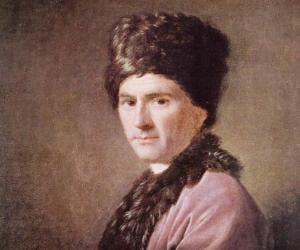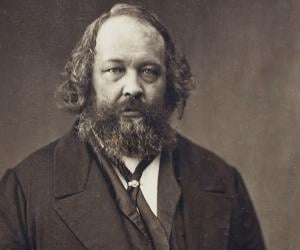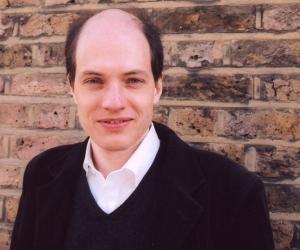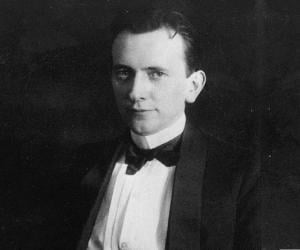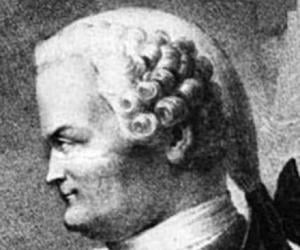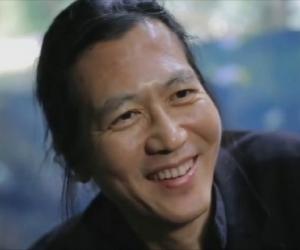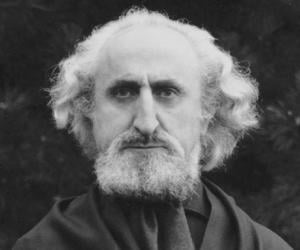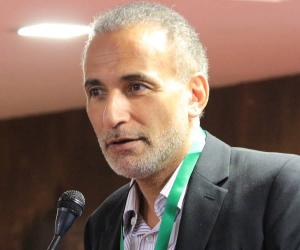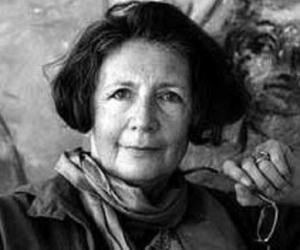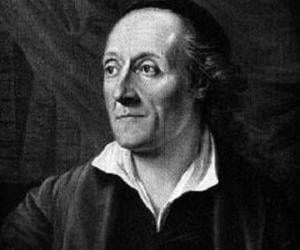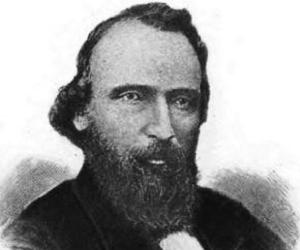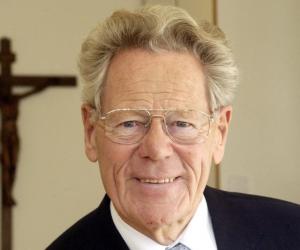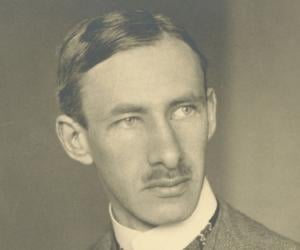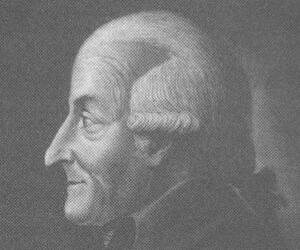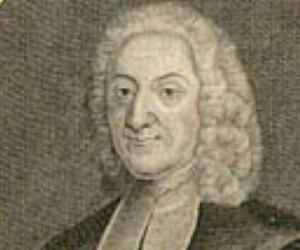1
Jean-Jacques Rousseau
(Philosopher, Writer, & Composer Whose Political Philosophy Influenced the Progress of the Age of Enlightenment)
Birthdate: June 28, 1712
Sun Sign: Cancer
Birthplace: Geneva, Switzerland
Died: July 2, 1778
Jean-Jacques Rousseau was a Genevan philosopher, writer, and composer whose political philosophy greatly influenced the Age of Enlightenment in Europe. His works, including "Discourse on Inequality" and "The Social Contract," are foundational in modern political and social thought. Rousseau's literary contributions, such as "Julie, or the New Heloise" and "Emile, or On Education," played significant roles in the development of romanticism and educational theories. His autobiographical writings, "Confessions" and "Reveries of the Solitary Walker," reflected the late 18th-century focus on subjectivity and introspection in literature.
